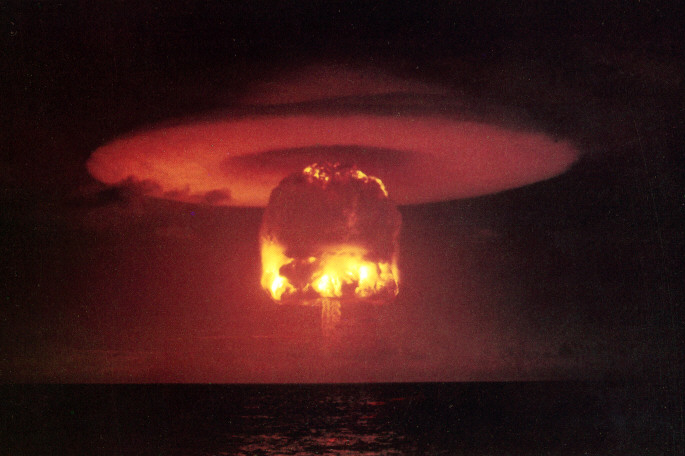Sponsored Content
Hiroshima Memorial Day: Austria Advocates Nuclear Dismantlement
Austrian Foreign Minister Alexander Schallenberg has once again called on the major international powers to reduce their stockpiles of nuclear weapons. The occasion was the anniversary of the nuclear weapons dropped on Hiroshima and Nagasaki.
 For Austria, the issue of nuclear disarmament has always been a high priority. / Picture: © Wikimedia Commons / United States Department of Energy, Public domain
For Austria, the issue of nuclear disarmament has always been a high priority. / Picture: © Wikimedia Commons / United States Department of Energy, Public domain
For Austria, the issue of nuclear disarmament has always been a high priority. For this reason, on the occasion of the 77th anniversary of the nuclear weapons dropped in Hiroshima and Nagasaki on 6 and 9 August 1945, the Austrian Foreign Minister, Alexander Schallenberg, once again demanded that the major international powers reduce their stockpiles of nuclear weapons.
Austria's…
or Log In
Fast News Search





